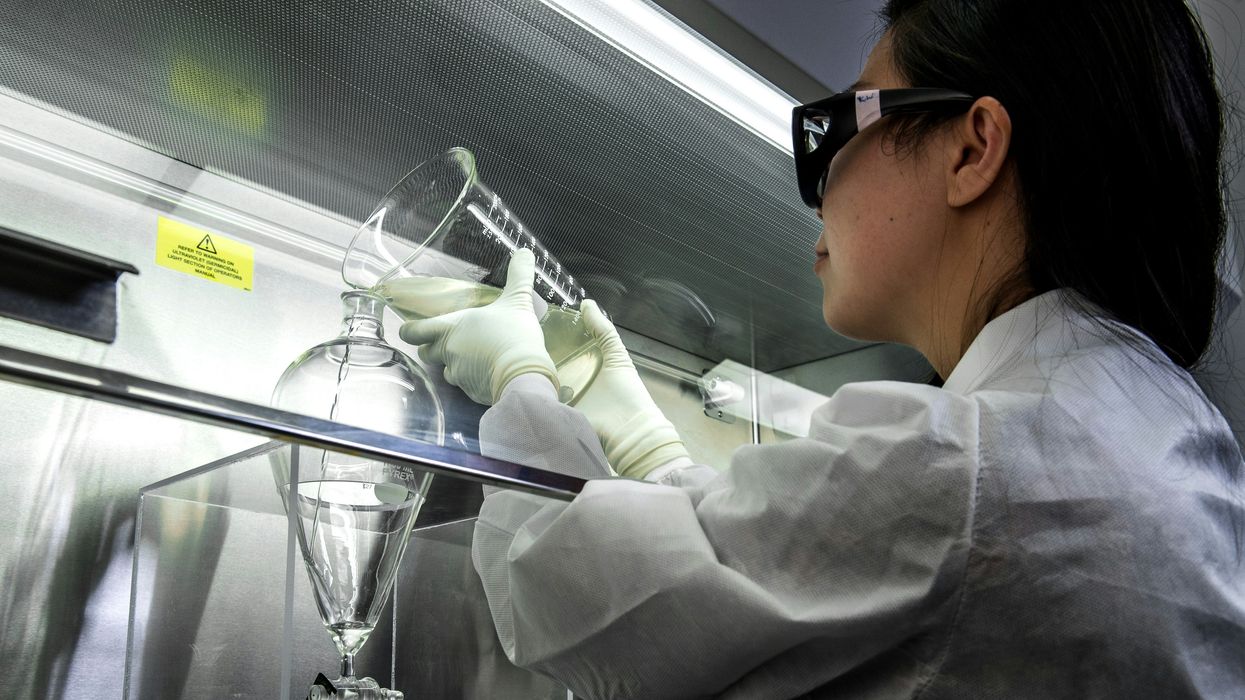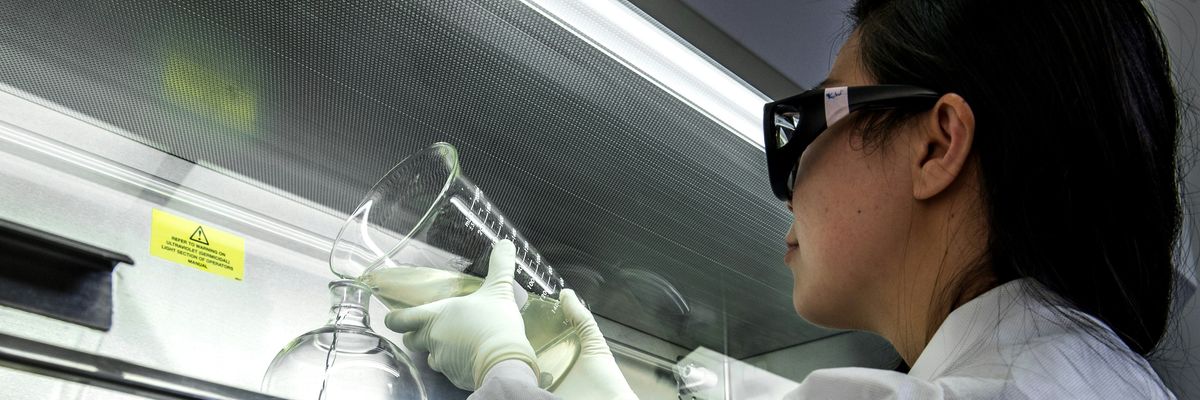The presence of trifluoroacetic acid, a hazardous 'forever chemical,' is escalating in various global environments, raising concerns over its impact on human fertility and child development.
Leana Hosea and Rachel Salvidge report for The Guardian.
In short:
- Trifluoroacetic acid (TFA) is accumulating in the environment due to its presence in products like refrigerants and pesticides, despite replacing CFCs to protect the ozone layer.
- Concerns are growing about the irreversibility of TFA accumulation, with evidence showing dramatic increases in surface waters, rainwater, and human blood.
- Efforts to manage TFA impacts are lagging, with only a few countries setting regulatory limits, and effective removal from water remains a challenging and costly issue.
Key quote:
“Everywhere you look it’s increasing. There’s no study where the concentration of TFA hasn’t increased.”
— David Behringer, environmental consultant
Why this matters:
Trifluoroacetic acid may not yet be a household name, but its environmental and health impacts are increasingly coming under scrutiny. This substance belongs to the larger family of per- and polyfluoroalkyl substances (PFAS), often referred to as 'forever chemicals' due to their persistence in the environment and resistance to natural degradation processes. Unlike some other compounds in its class, TFA is highly mobile and can easily migrate into water systems, raising concerns about its potential to contaminate drinking water supplies.

















